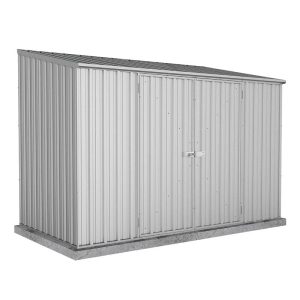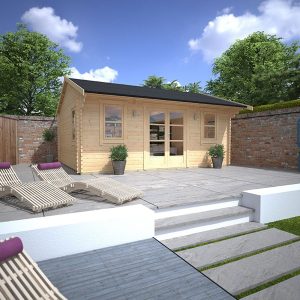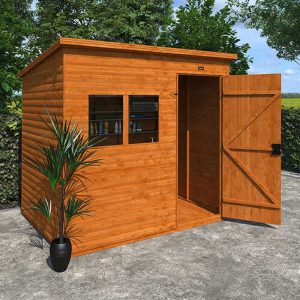Offered In Various Dimensions. Zero Cost Financing. Two Decade Promise. Complimentary select a date residential distribution for our TigerFlex selection. The 8’x4′ Tiger™ Flex Peak Windowless garden warehouse is an authentically distinct structure which permits you to dictate where you place your yielding you the adaptability to possess it just as you desire it. 8’x4′ Tigerwood Ship-lap Peak Windowless Depot – Select Your Transport Moment















































